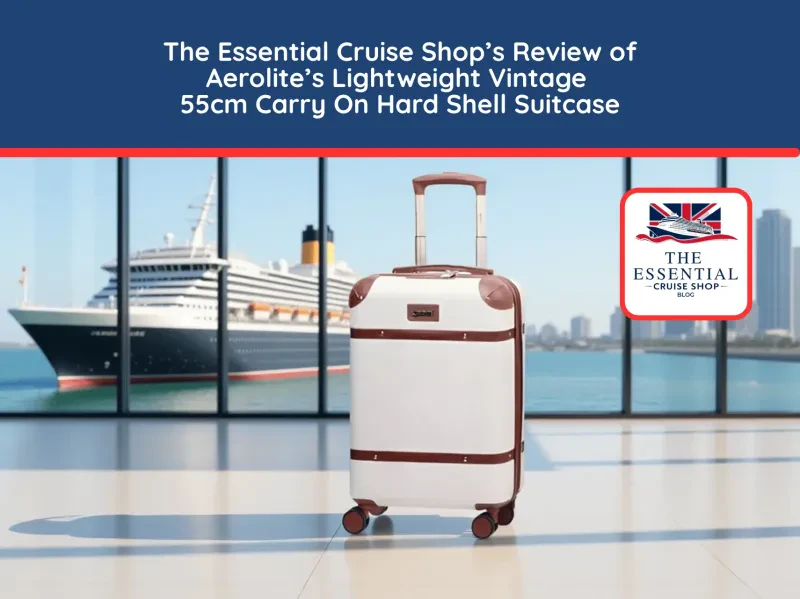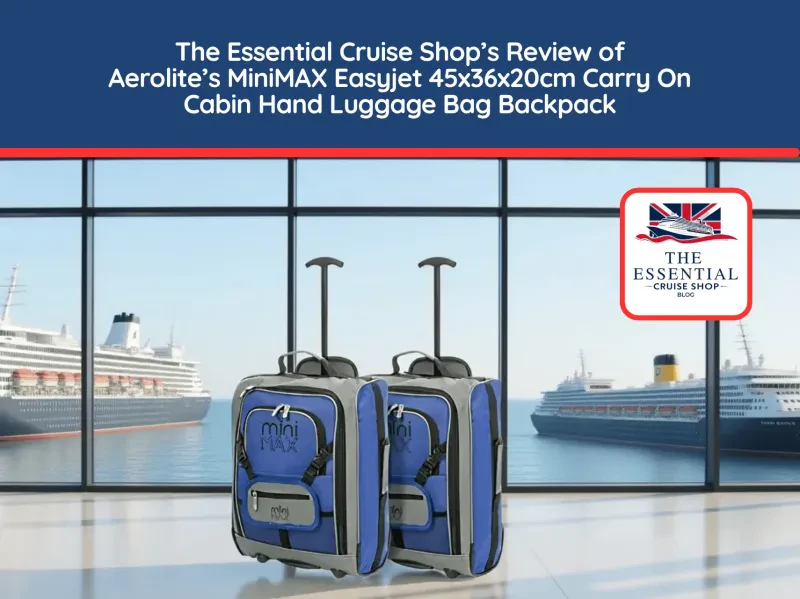Hard-Shell or Soft-Shell Luggage: Choose Wisely
When it comes to choosing luggage, one of the key decisions travelers face is whether to go for hard-shell or soft-shell options. Hard-shell luggage, often made from durable materials like polycarbonate or ABS, offers unique benefits that can significantly enhance your travel experience. Its robust construction provides excellent protection for your belongings, making it an ideal choice for travelers who are concerned about their items getting damaged during transit.
One of the standout features of hard-shell luggage is its resistance to the elements. Unlike soft-shell bags, which can absorb water, hard-shell suitcases typically repel rain and moisture. This means that your clothes, electronics, and other valuable belongings remain dry and safe, regardless of the weather conditions outside. Additionally, the rigid exterior prevents items from being crushed, offering peace of mind for those traveling with fragile possessions.
Hard-shell luggage also tends to have a sleeker and more modern design. Many travelers are drawn to its polished appearance, which gives it a professional look. Furthermore, this type of luggage often comes equipped with features such as built-in locks and 360-degree spinner wheels, making it easier to maneuver through busy airports or train stations. These innovations enhance the travel experience, allowing you to move swiftly and confidently.
Another critical aspect to consider is the security that hard-shell luggage provides. With a sturdier outer shell, it’s much harder for thieves to break into your suitcase compared to softer options. Many hard-shell models also feature integrated TSA-approved locks that add an extra layer of protection for your valuables. This emphasis on security makes hard-shell luggage a favorite for many frequent travelers who prioritize safety on their journeys.
Exploring Soft-Shell Luggage Advantages
When considering luggage options, soft-shell luggage presents a range of advantages that many travelers find appealing. One of the standout benefits of soft-shell luggage is its flexibility. Unlike hard-shell suitcases, soft-shell bags can easily expand to accommodate extra items. This means you won’t have to leave behind that special souvenir or extra pair of shoes when returning home.
Another significant advantage of soft-shell luggage is its lightweight design. These bags are often much lighter than their hard-shell counterparts, allowing travelers to pack more without exceeding weight limits imposed by airlines. Additionally, the lighter weight makes them easier to lift, carry, and maneuver through busy airports or crowded streets.
Soft-shell luggage is also typically more forgiving when it comes to storage. Their design allows them to squeeze into tight spaces, whether it’s under the seat in a plane or in the trunk of a car. Plus, many soft-shell options come with multiple pockets and compartments, making organization a breeze. With designated areas for shoes, toiletries, and electronics, travelers can keep their items accessible and tidy.
Durability is another consideration. While soft-shell luggage may not offer the same level of hard protection as hard-shell options, many are made from robust, weather-resistant materials. This feature ensures that your belongings are safeguarded from light rain and spills. Furthermore, should a soft-shell bag sustain minor damage, repairs can often be easier and less costly than those for a hard-shell suitcase.
Key Differences Between Both Types
When it comes to choosing between hard-shell and soft-shell luggage, understanding the key differences can make your decision much easier. Each type has its own unique features, benefits, and potential drawbacks, which cater to different travel needs. Here, we’ll explore some of the vital distinctions that can influence your choice.
One of the most noticeable differences is the material itself. Hard-shell luggage is typically made from polycarbonate or ABS plastic, giving it a rigid structure that offers superior protection for your belongings. This is ideal for travelers who want peace of mind knowing their fragile items are safe from rough handling. On the other hand, soft-shell luggage is usually crafted from nylon or polyester fabric, which provides a flexible design that can easily accommodate extra items or be compressed to fit in tight spaces.
Another important aspect to consider is weight. Generally, soft-shell bags tend to be lighter than their hard-shell counterparts, making them easier to maneuver, especially when you're navigating through busy airports or train stations. This weight advantage can be especially beneficial for budget travelers who need to adhere to airline restrictions. However, hard-shell luggage often comes with added features like built-in locks and impact-resistant surfaces, giving it an edge in security and durability.
Lastly, think about storage and organization. Soft-shell luggage often comes with external pockets, providing quick access to essentials like travel documents, snacks, or a water bottle. This convenience can be a big plus when you're on the go. On the other hand, hard-shell bags generally offer a more streamlined design and may include compartments for organized packing but lack external storage options. It all boils down to how you like to pack and travel.
Tips for Making Your Choice
When it comes to choosing between hard-shell and soft-shell luggage, it's important to consider your travel style and needs. First, think about what types of trips you take most often. If you frequently travel for business or need to bring fragile items, hard-shell luggage may be the better choice for you. It provides superior protection against impacts and can keep your belongings safe and secure. On the other hand, if you often find yourself on adventurous journeys where you need to pack oddly shaped items or gear, soft-shell luggage might be more suitable.
Next, consider your packing habits. Hard-shell luggage typically offers a more rigid structure, making it easier to stack and fit into tight spaces. However, soft-shell luggage is often more flexible, allowing you to squeeze in that extra pair of shoes or jacket. If you tend to overpack or often bring souvenirs back from your travels, you might appreciate the extra space a soft-shell suitcase can provide.
Another factor to keep in mind is weight. Soft-shell luggage is generally lighter than its hard-shell counterpart, making it a great option if you often find yourself battling airline weight restrictions. However, it's worth noting that some premium hard-shell models are designed with lightweight materials, so don’t overlook those options. Also, take a look at the features—like pockets, wheels, and handles—regardless of your choice, as these can greatly affect your travel experience.
Lastly, consider your budget. Hard-shell luggage can sometimes be pricier due to the materials and construction involved. However, there are plenty of affordable options available in both styles. Weigh the cost against the benefits each type offers, and don’t forget to check reviews to ensure you are making a wise investment for your travels.



